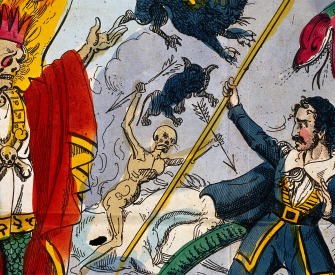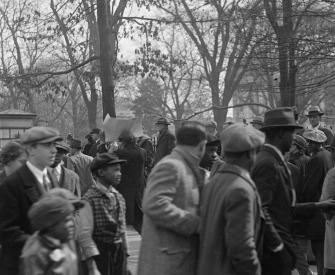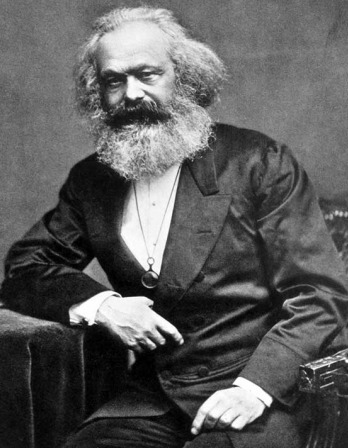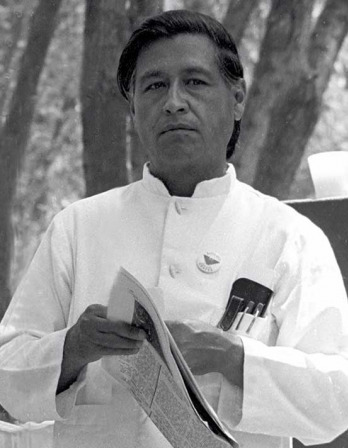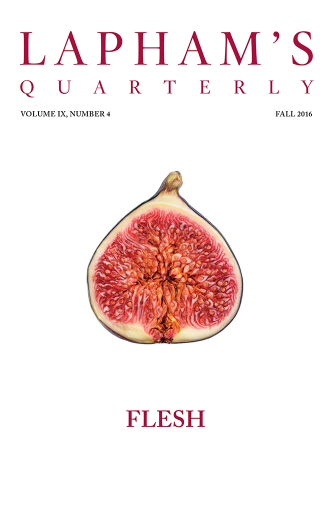As for corn, provision, and contribution from the savages, we had nothing but mortal wounds with clubs and arrows; as for our hogs, hens, goats, sheep, horse, or what lived, our commanders, officers, and savages daily consumed them—some small proportions sometimes we tasted—till all was devoured.
Then swords, arms, pieces, or anything we traded with savages, whose cruel fingers were so oft imbrued in our bloods, that what by their cruelty, our governors’ indiscretion, and the loss of our ships, of five hundred within six months after Captain Smith’s departure, there remained not past sixty men, women, and children, most miserable and poor creatures—and those were preserved for the most part by roots, herbs, acorns, walnuts, berries, now and then a little fish: they that had starch in these extremities made no small use of it, yea, even the very skins of our horses. Nay, so great was our famine that a savage we slew and buried, the poorer sort took him up again and ate him, and so did diverse one another boiled and stewed with roots and herbs. And one amongst the rest did kill his wife, powdered her, and had eaten part of her before it was known, for which he was executed, as he well deserved; now whether she was better roasted, boiled, or carbonadoed, I know not, but of such a dish as powdered wife I never heard. This was that time, which still to this day we called the starving time; it were too vile to say, and scarce to be believed, what we endured, but the occasion was our own, for want of providence, industry, and government, and not the barrenness and defect of the country, as is generally supposed: for till then in three years, for the numbers were landed us, we had never from England provision sufficient for six months, though it seemed by the bills of loading sufficient was sent us, such a glutton is the sea and such good fellows the mariners. We as little tasted of the great proportion sent us as they of our want and miseries, yet notwithstanding, they ever overswayed and ruled the business, though we endured all that is said and chiefly lived on what this good country naturally afforded.
From The Generall Historie of Virginia, New England, and the Summer Isles. After fighting for Austrian forces against the Ottoman Empire in the early 1600s, Smith at the age of twenty-six set sail for the New World in 1606. He became president of Jamestown in 1608, instituting the domestic policy that “He that will not work shall not eat.” He returned to England in 1609, injured after his powder bag caught on fire.
Back to Issue

